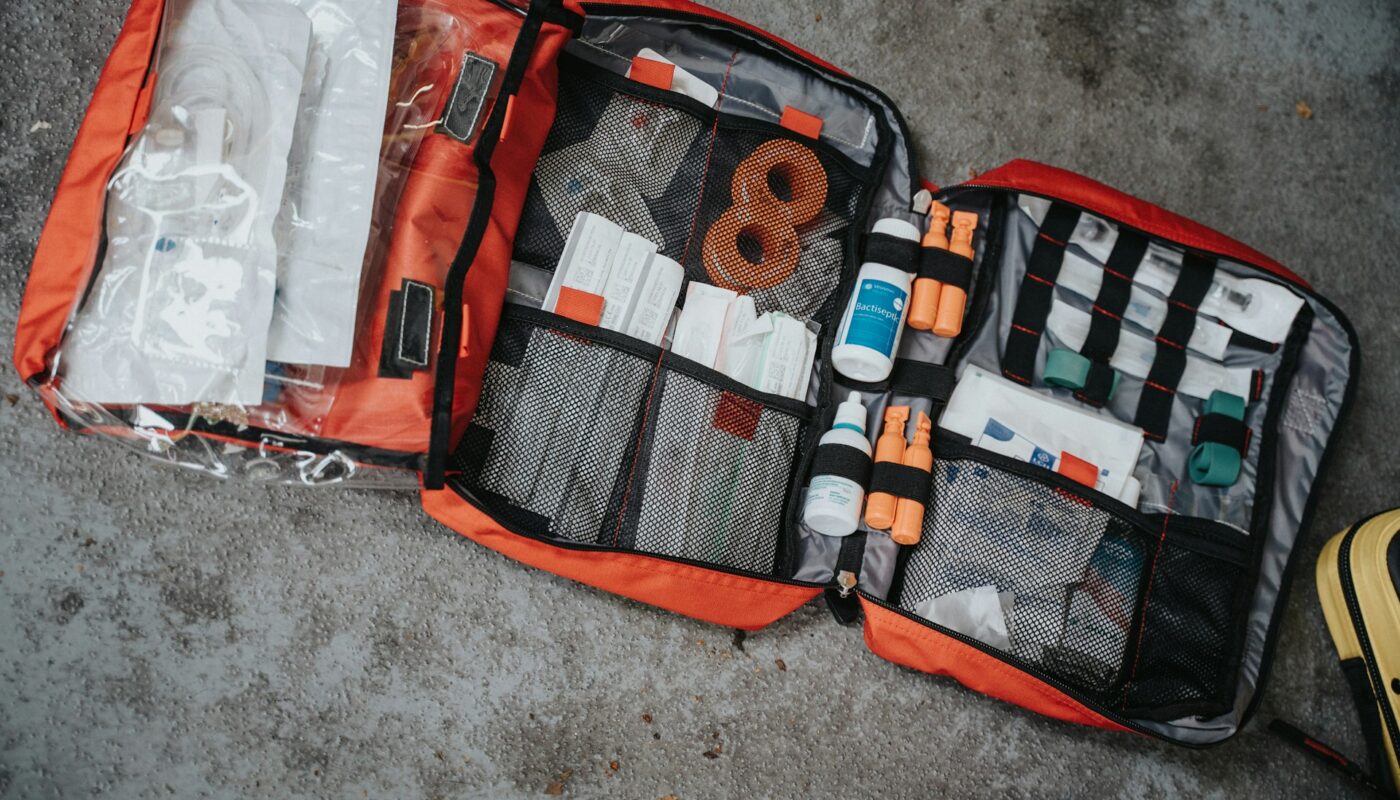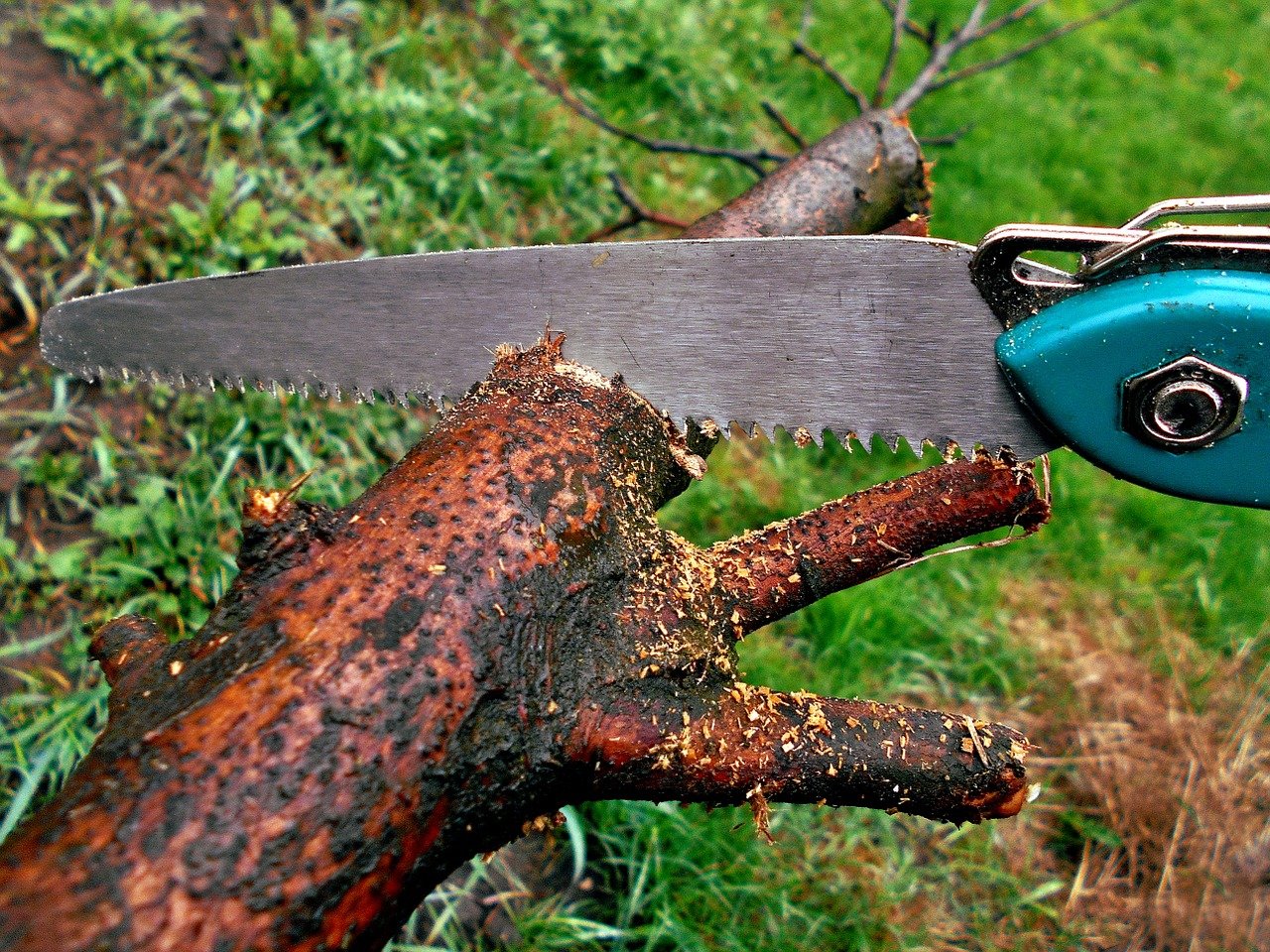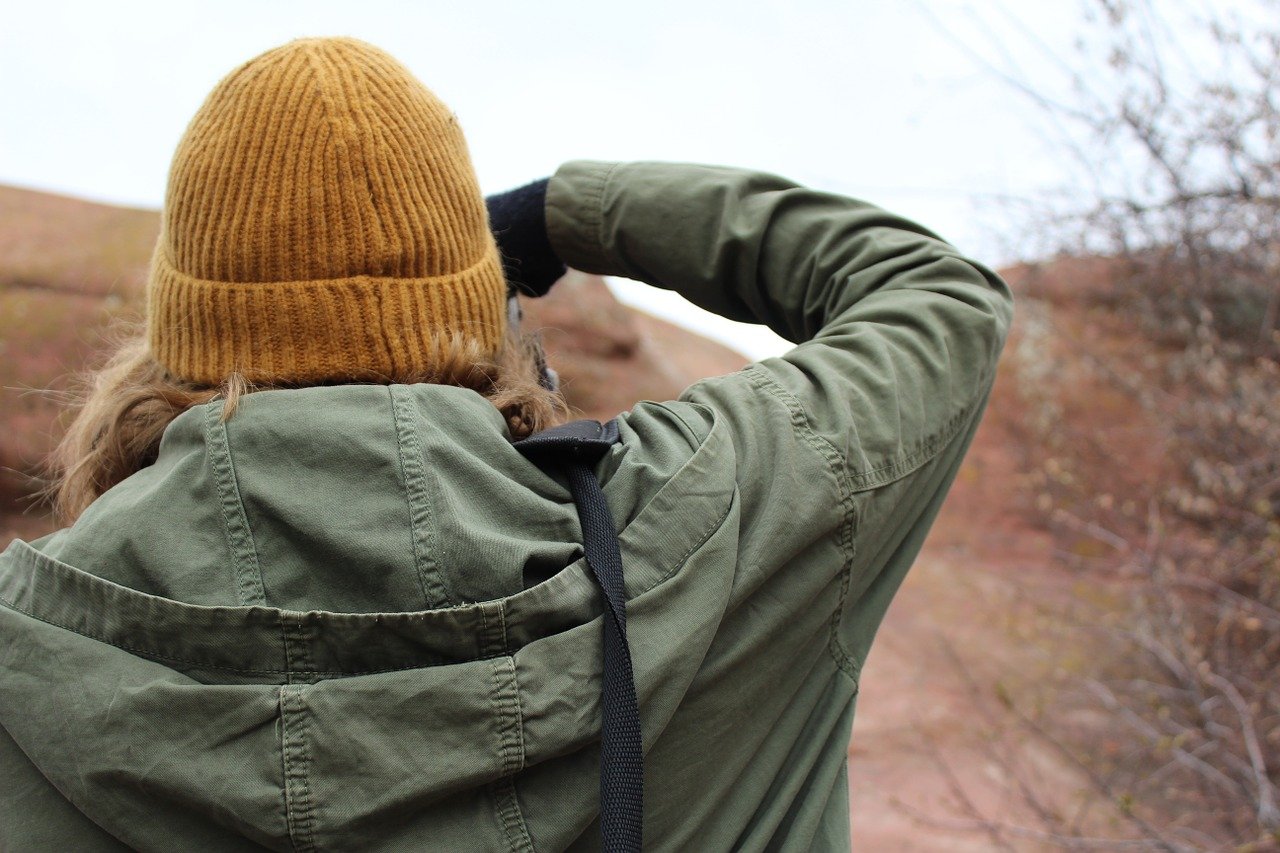Regarding survival kits, being prepared can mean the difference between life and death. Imagine you’re hiking in the woods, miles from civilization, and an unexpected storm hits. The rain pours down, the wind howls, and you’re stranded. What do you do? This is where a well-stocked survival kit comes into play. This article delves into the top 10 essential items to include in your survival kit, ensuring you’re ready for any situation.
Water and Purification
Water is the most crucial element for survival. In a survival scenario, you might not have access to clean drinking water. Your survival kit should include water purification tablets or a portable water filter to offer clean water for several days. These tools can make contaminated water safe to drink, preventing dehydration and illness.
Food Supplies
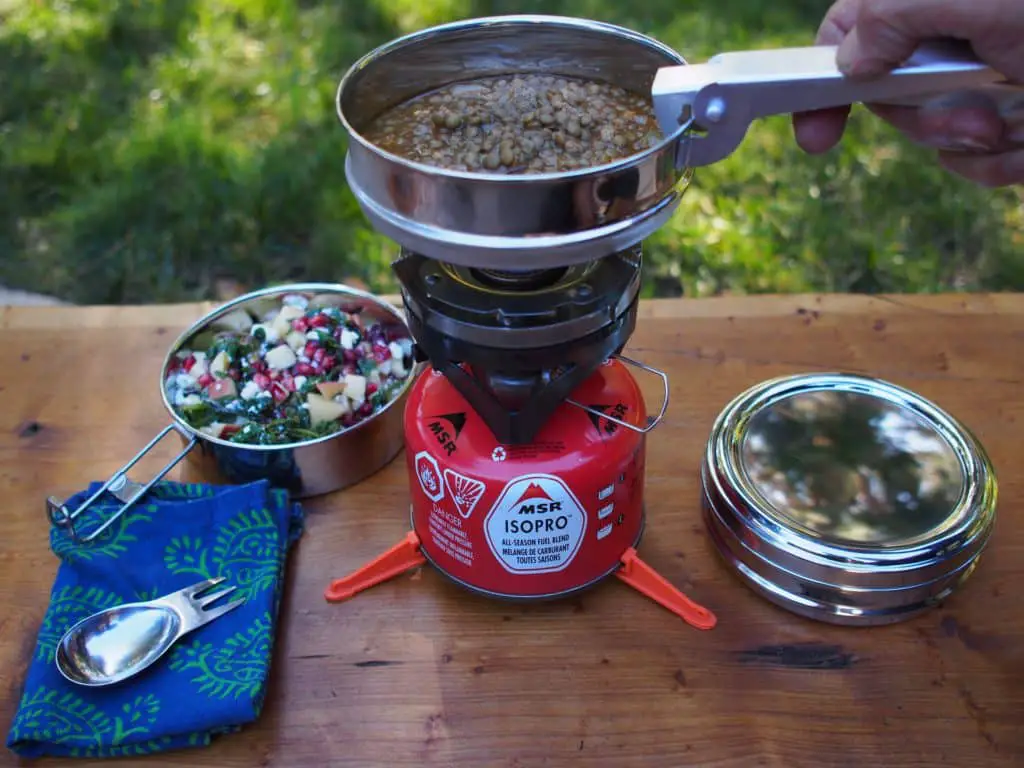
Non-perishable food items are a must-have in any survival kits. Think high-energy foods like granola bars, dried fruits, nuts, and jerky.These items are lightweight, have a long shelf life, and provide the necessary calories and nutrients to keep you going.
First Aid Kit
Accidents happen, and when they do, a first aid kit is indispensable. Your kit should include bandages, antiseptic wipes, adhesive tape, pain relievers, and any personal medications. Knowing how to use these items is equally important, so consider taking a basic first aid course.
Multi-tool
A good multi-tool can be a lifesaver in various situations. It combines several tools in one, including a knife, scissors, pliers, and screwdrivers. Whether you need to cut rope, open a can, or fix a piece of equipment, a multi-tool is incredibly versatile.
Fire Starters
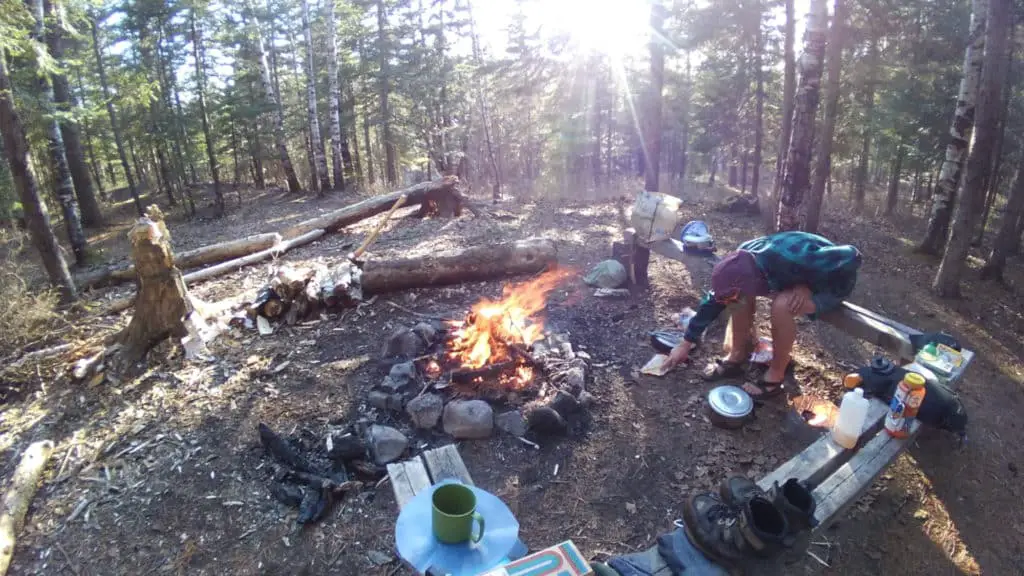
Fire provides warmth, light, and a way to cook food. Include waterproof matches, a lighter, and fire-starting tinder in your survival kit. Practicing how to start a fire in different conditions will also give you an edge in an emergency.
Shelter and Warmth
Staying warm and dry is vital for survival. Pack an emergency blanket, a lightweight tent, or a tarp. These items can protect you from the elements, helping to prevent hypothermia and other weather-related issues.
Navigation Tools
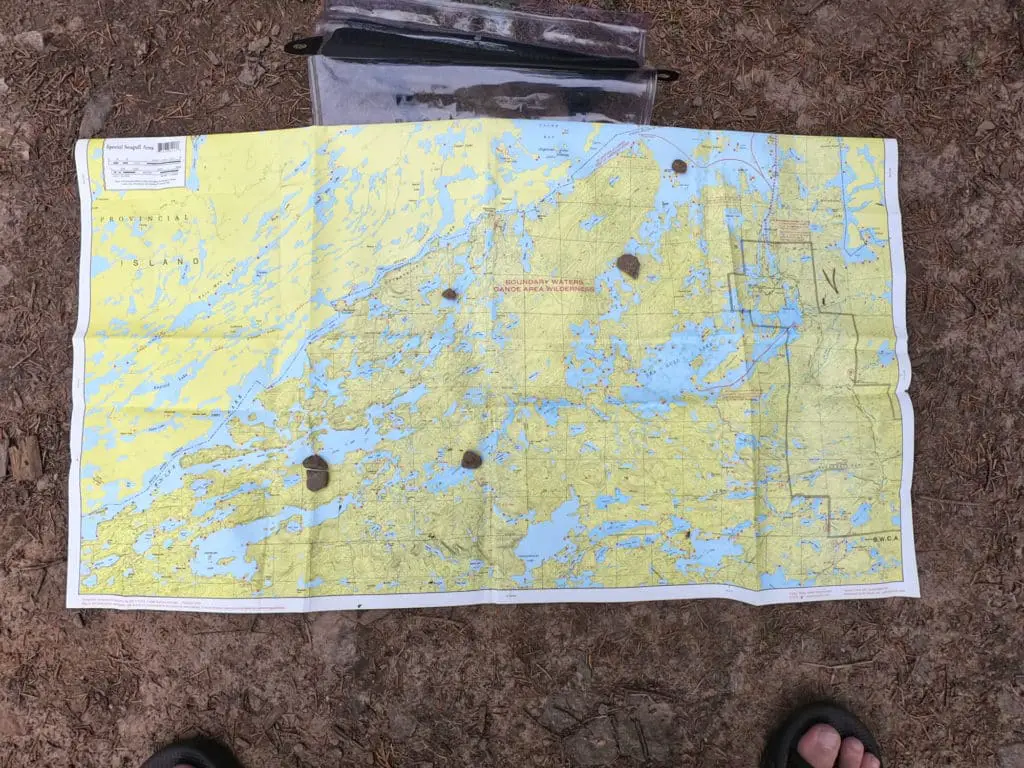
Getting lost can turn a simple hike into a dangerous situation. Include a map and compass in your kit. While many rely on GPS devices, these can fail without battery power. Learning basic navigation skills ensures you can find your way even if technology fails.
Signaling Devices
If you need to be rescued, you must be able to signal for help. A whistle, signal mirror, or a small flare can attract attention from rescuers. These items are small but can make a big difference in a survival situation.
Personal Hygiene Items
Maintaining hygiene is crucial to prevent infections and diseases. Pack items like hand sanitizer, biodegradable soap, a toothbrush, and feminine hygiene products. These items can help you stay clean and healthy when you’re out in the wild.
Extra Clothing
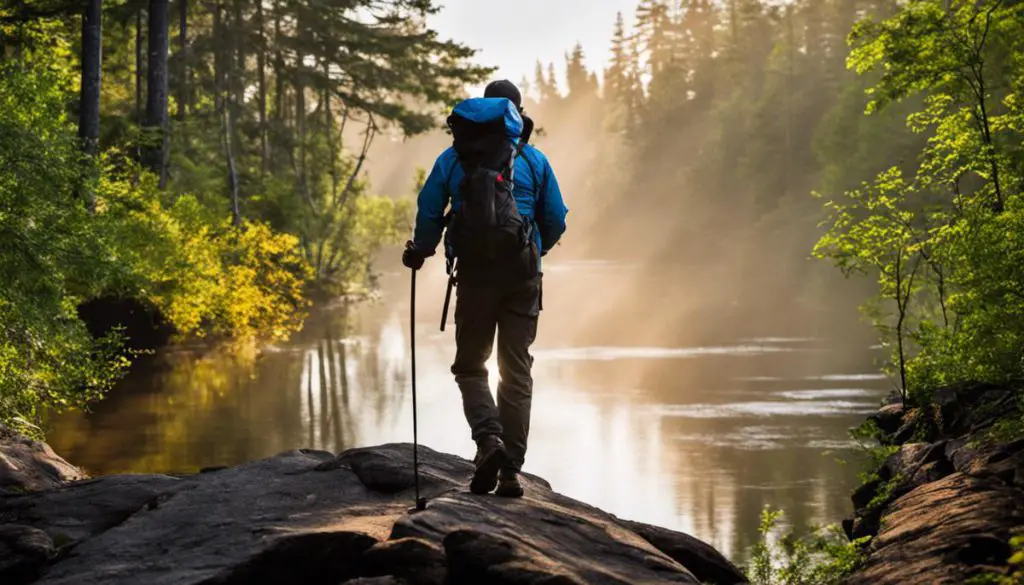
Weather conditions can change rapidly. Pack extra clothing, including socks, a warm hat, and a rain jacket. Layering your clothing helps regulate your body temperature and keeps you comfortable in various conditions.
Real-Life Survival Story
Let’s consider a real-life example: A hiker named Alex was exploring the Appalachian Trail when a sudden snowstorm struck. He was miles away from any shelter. Thanks to his well-prepared survival kit, he had access to clean water, food, a means to start a fire, and an emergency blanket. These items kept him warm and nourished until rescuers found him two days later. This story underscores the importance of having a survival kit ready at all times.
Practical Tips for Building Your Do It Yourself Survival Kit
When assembling your homemade survival kit, consider the following practical tips:
- Customize it: Tailor your kit to your specific needs and environment.
- Check expiration dates: Regularly update food and medications.
- Practice using the items: Familiarity with your gear can save valuable time in an emergency.
Remember, the goal is to have a compact, lightweight kit that’s easy to carry but comprehensive enough to cover all your basic needs.
Carry a Pocket Survival Kit
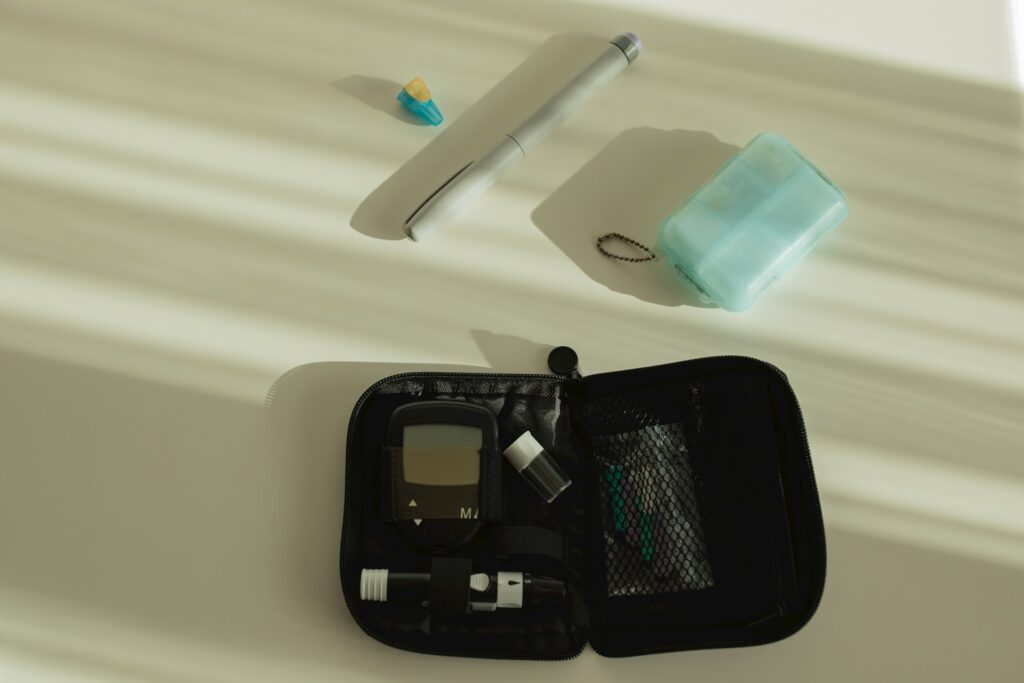
Here are some practical tips for building your do it yourself (DIY) pocket survival kit:
Choose versatile items: Opt for multi-purpose tools and supplies that can serve multiple functions to save space and weight.
Prioritize the essentials: Include items like a reliable knife, fire-starting tools, water purification tablets, and a compact first aid kit to address common survival needs.
Pack calorie-dense food: Select non-perishable, high-calorie food items such as energy bars, trail mix, and dehydrated meals to sustain your energy levels during emergencies.
Prepare for shelter and warmth: Include items like a lightweight tarp, emergency blanket, extra clothing layers, and a compact sleeping bag or bivvy sack to protect against extreme weather conditions.
Don’t forget communication and navigation: Carry a fully charged cellphone with an external battery pack, a whistle, a compass, and a map to aid in navigation and to signal for help if needed.
Remember, building a survival kit tailored to your specific needs and environment is crucial for preparedness and peace of mind in unexpected situations.
Final Thoughts About Items to Include in Your Survival Kit
Survival situations are unpredictable, but being prepared can dramatically improve your chances of staying safe and well. Your survival kit is your lifeline in an emergency. By including these essential items and knowing how to use them, you’re taking a critical step in ensuring your safety. Whether you’re an avid hiker, a camper, or just someone who wants to be prepared for the unexpected, having a survival kit is a wise decision. Stay safe, stay prepared, and remember – it’s always better to have it and not need it than to need it and not have it.
